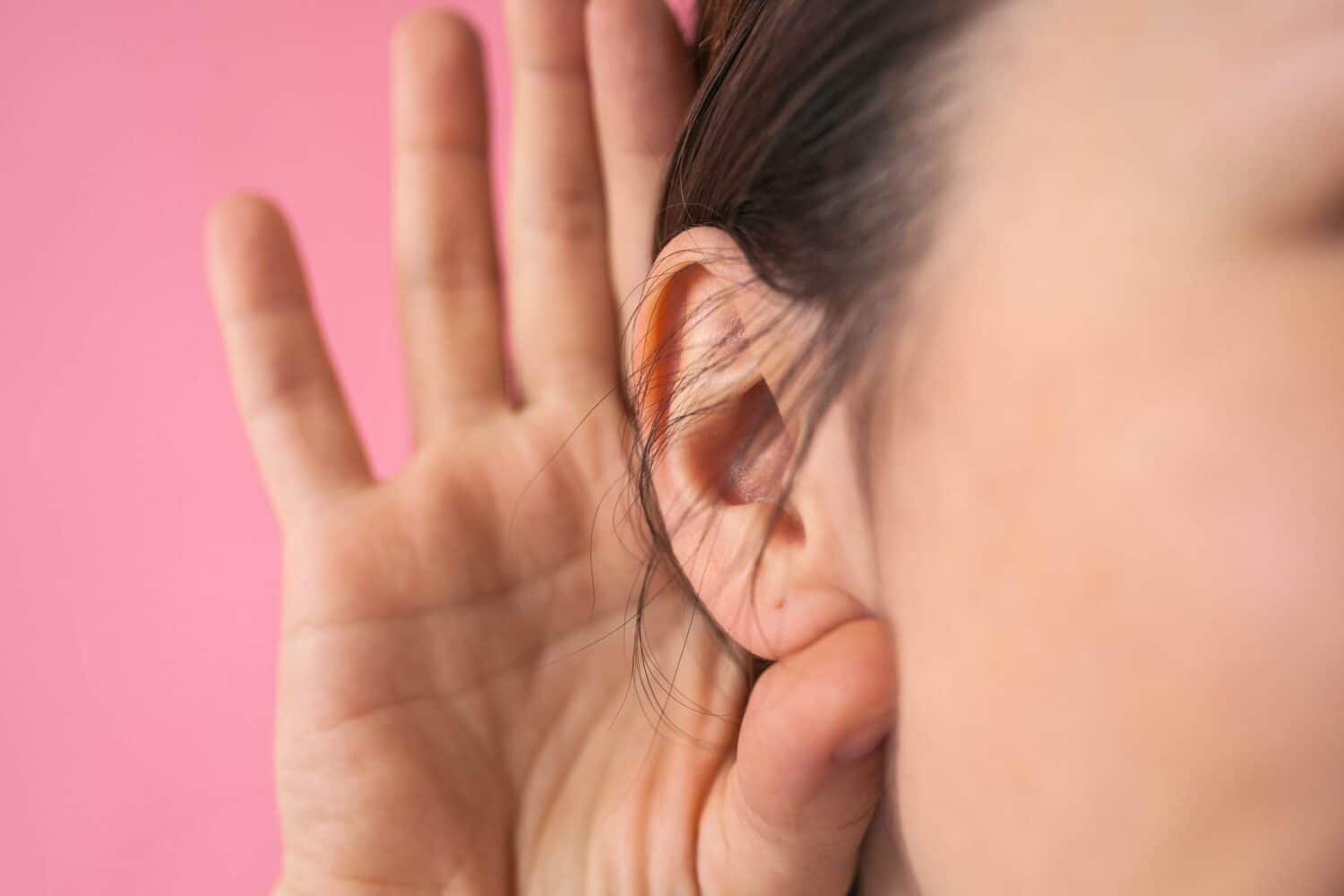Did you know the human ear is one of the most remarkable organs in the body? American Hearing Centers in New Jersey are focused on ear health, and the more you know about your ears, the more prepared you’ll be to protect your hearing. From their intricate design to their incredible functions, ears are a marvel of nature. We often take the ability to hear sound for granted, but ears are pretty fascinating. Whether you love learning new things or are interested in understanding how you can protect your ears, you’ll find this information ear-resistible! Welcome to the surprising world of our ears!
How Do Ears Work?
The ear might seem small, but it’s made up of three different parts that work together to make sense of the sounds around us. The outer ear captures sound waves and funnels them into the middle ear, where they hit the eardrum and create vibrations. These vibrations are transmitted through the delicate bones of the middle ear and into the inner ear or cochlea, where tiny hairs translate them into electrical signals our brains can understand. In a nutshell, that’s how our hearing works to interpret various sounds.
The Smallest Bones in Your Body
Tucked within the middle ear are the three smallest bones in the human body. Collectively known as the ossicles, they include the malleus, incus, and stapes, frequently called the hammer, anvil, and stirrup because of their distinctive shapes. These ossicles are true biological marvels; the stapes, measuring just about 0.1 inches (2.5 millimeters) in length, is the smallest bone in our body. Despite their minuscule size, the ossicles play a critical role in our ability to hear. They work in a synchronized chain to amplify the vibrations felt from the eardrum and transfer them to the fluid-filled cochlea, illustrating the perfect harmony of form and function.
Remarkable Hearing Abilities
Our ears can pick up an astonishing range of sounds, from the gentle whisper of a breeze to the thunderous roar of a waterfall. They can detect subtle differences in pitch, allowing us to enjoy complex melodies and harmonies. But that’s not all. Since we have two of them, our ears also give us the power to locate sounds, whether they’re coming from above us, beside us, or behind us. This ability is vital for everything from enjoying music to crossing the street safely. Hearing tests should be a standard part of your healthcare plan to detect any early signs of hearing loss that might inhibit your ability to hear the sounds you enjoy and those that warn of danger, especially for adults over the age of 50.
What’s With Earlobes?
Ever wonder why humans have earlobes? Yes, they are an ideal space for jewelry accessories. However, there’s no definitive answer. Some scientists believe they result from evolutionary development; others think they help with blood flow because of the many blood vessels they house. People can have attached or detached lobes, which is due to genetics. They’re also part of the reason people assume ears continue to grow as we age. Over time, the ear cartilage starts to break down, causing sagging due to gravity.
Ears and Hiccups
Another curious fact is the connection between ears and hiccups. People get hiccups when the vagus nerve, which runs from the brain to the abdomen and passes through the ear, gets irritated. This connection is why many successful cures for hiccups involve swallowing water or holding your nostrils and ears closed. It’s all about disrupting the vagal or phrenic nerve irritation to stop the reaction. Who knew hiccups had anything to do with ears?
Ears Keep You Balanced
Besides hearing, the inner ear is integral for maintaining balance. The vestibular system, located alongside the cochlea, contains fluid-filled semicircular canals that detect rotational movements and provide the brain with information about our positioning in space. When this system is disrupted, we may experience dizziness or vertigo, demonstrating how vital ears are for everyday stability. Balance is a concern for people with hearing loss, but fortunately, hearing aids have been shown to improve not only hearing but balance issues too.
The Self-Cleaning Marvel of Ears
Ears have a natural and efficient self-cleaning mechanism. The ear canal is lined with hair follicles and glands that produce cerumen, commonly known as earwax. This substance plays a crucial role in keeping the ears healthy by trapping dust, dirt, and other foreign particles that could harm the delicate inner workings of the ear. Over time, the movements of our jaw from talking and eating, along with the gradual growth of skin cells in the ear canal, help to slowly move old earwax out of the ear’s opening. This process is usually so gradual that people don’t even notice it happening. Typically, the ear’s self-cleaning process means additional cleaning is not necessary, and inserting objects into the ear canal to clean it can cause harm.
Hearing Loss and Prevention
Hearing health is a critical, often forgotten aspect of overall wellness. Exposure to loud noises, aging, infections, or genetic conditions can all contribute to hearing loss. To safeguard our hearing, we should use ear protection in noisy environments, limit the volume on our headphones, and attend regular audiology check-ups. Hearing care through prevention is more important than many people recognize.
Maintain Good Hearing Health
From the incredible ability to capture and interpret sounds to the role ears play in maintaining balance, the ears are undoubtedly one of our bodies’ most interesting and complex parts. The team of hearing care providers at American Hearing Centers in New Jersey can offer helpful ear care tips to keep your auditory system healthy. Remember the importance of audiology and maintaining good hearing care. We offer free hearing testing and evaluations to ensure you have access to the tools required to detect hearing loss early and manage it effectively. Locate one of our hearing care centers near you to schedule your hearing evaluation.



